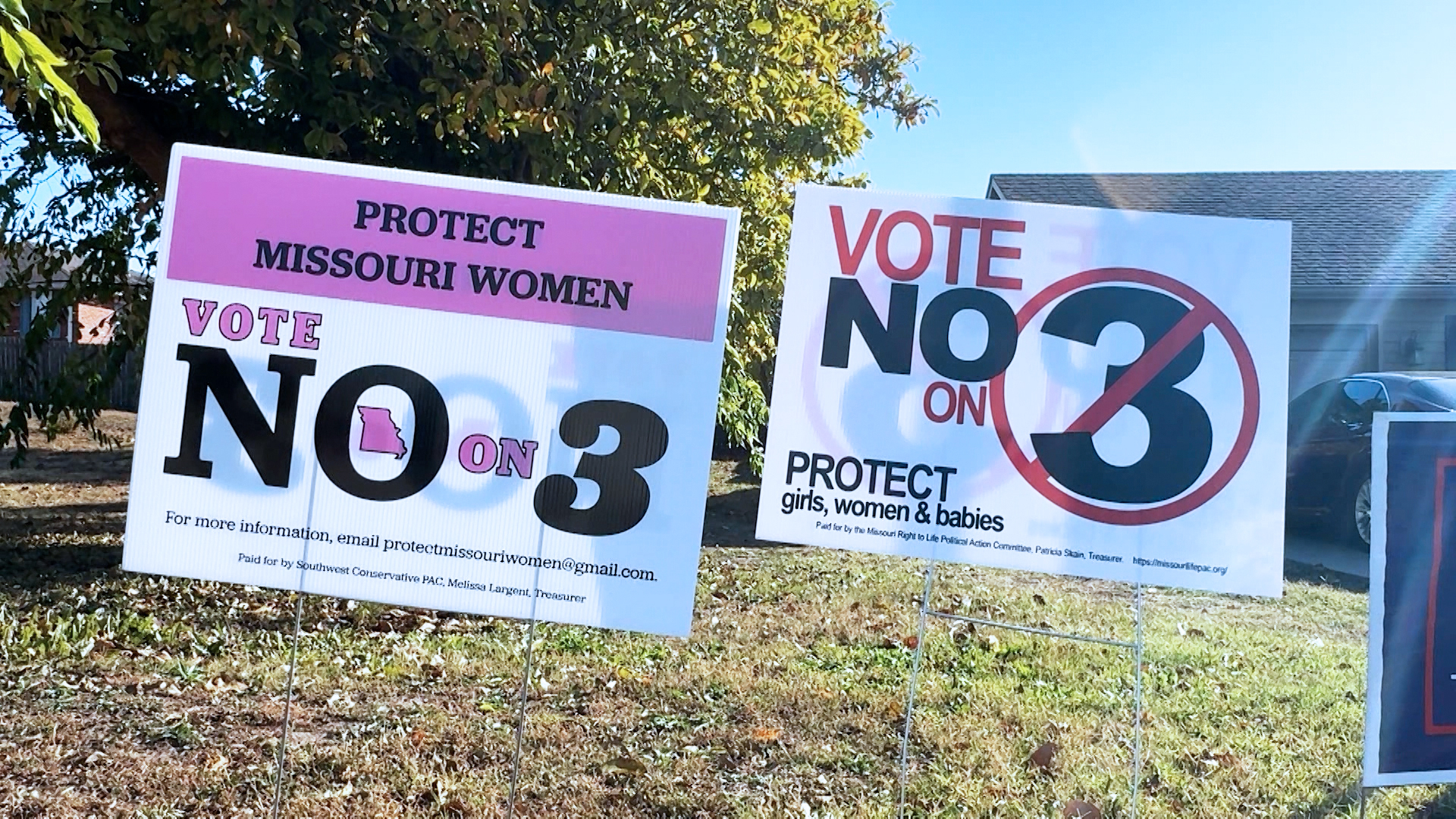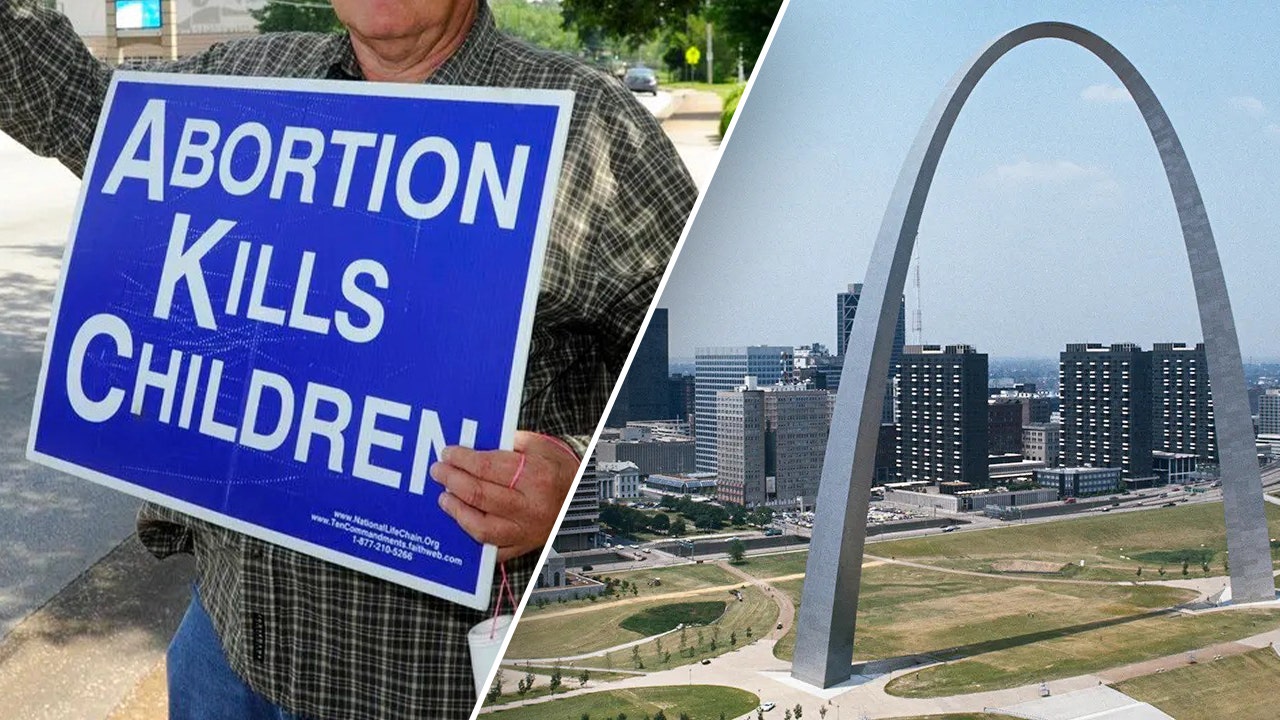Missouri Lawmakers Advance Referendum to Repeal Abortion Rights Amendment
Missouri lawmakers approve a referendum to repeal abortion rights protections, setting the stage for a potential public vote in November 2026.
Overview
Republican lawmakers in Missouri have passed a referendum aiming to repeal an abortion rights amendment that was approved by voters just six months ago. The new bill would restrict abortions to medical emergencies, rape, or incest, with strict conditions. Despite vigorous protests, the measure may appear on the November 2026 ballot unless Gov. Mike Kehoe calls a special election. This initiative also seeks to prohibit gender transition treatments for minors. The amendment, if passed, would restore significant restrictions on reproductive rights in the state.
Content generated by AI—learn more or report issue.

Get both sides in 5 minutes with our daily newsletter.
Analysis
Analysis unavailable for this viewpoint.
Articles (7)
Center (4)
FAQ
The abortion rights amendment approved by Missouri voters established a fundamental right to reproductive freedom in the state constitution, including abortion access up to the point of fetal viability, with exceptions after viability for the physical or mental health of the pregnant person.
The new referendum seeks to repeal the abortion rights amendment and would ban most abortions except in cases of medical emergencies, rape, or incest, with abortions in rape or incest cases allowed only before the 12-week mark; it also aims to prohibit gender transition treatments for minors.
The new referendum is expected to appear on the November 2026 ballot, unless Governor Mike Kehoe calls a special election to hold the vote earlier.
Republican lawmakers used rare procedural maneuvers in the state Senate, including the "previous question" motion to end a Democratic filibuster, fast-tracking the referendum's passage in both legislative chambers despite vigorous protests from abortion rights supporters.
Alongside the abortion referendum, the Missouri Senate passed a measure repealing provisions of a voter-approved law that guaranteed paid sick leave for workers and cost-of-living increases to the minimum wage; this repeal does not go back to voters but becomes law once signed by the governor.
History
- 2M

 3 articles
3 articles




